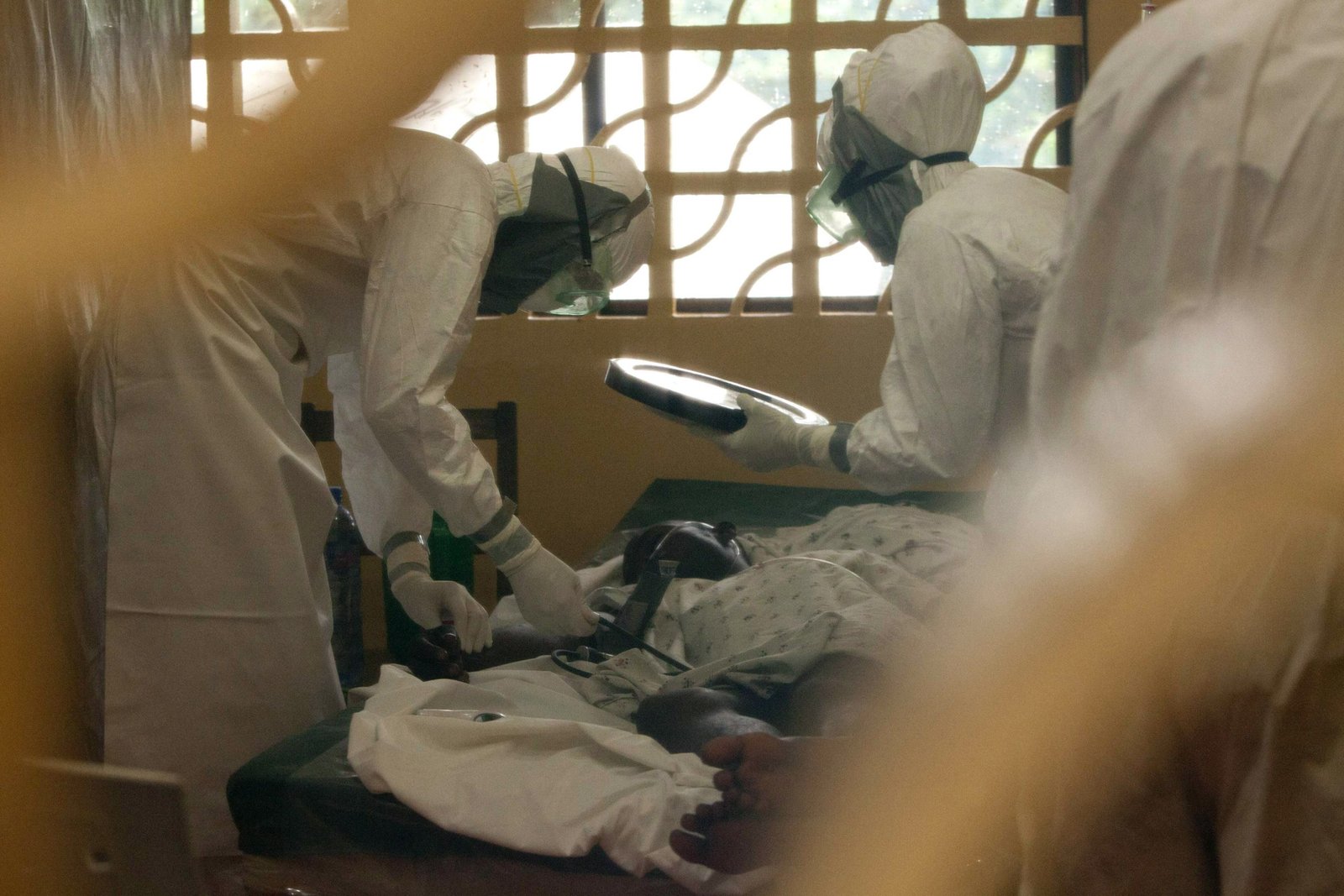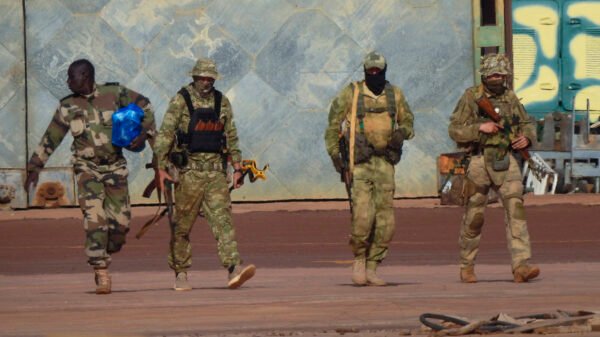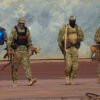Patrick Sawyer, 40, was the first American to pass away from what some health officials call the “deadliest Ebola outbreak in history.” Prior to this past week, the deadly virus had been contained to Guinea, Liberia, and Sierra Leone—all West African countries—where 670 estimated deaths, according to the World Health Organization have occurred. Yet, Americans visiting the region are catching the virus, which spreads through minimal contact with infected bodily fluids, calling even greater attention to the outbreak.
Sawyer, a naturalized citizen and top government official visiting Liberia and Nigeria for conferences, collapsed after getting off his plane in Nigeria. He was quarantined in a Nigerian hospital for five days until he passed away on July 25.
The man’s wife, Decontee Sawyer, who lives in Coon Rapids, Minnesota, with their three daughters spoke with CNN, saying, “People weren’t really taking it [Ebola] seriously until it hit Patrick. People are ready to take action.”
In the same week, two other American aids in Liberia also contracted the virus. Dr. Kent Bradley, 33, who worked in Monrovia, Liberia, with Samaritan’s Purse, a Christian international relief agency for Ebola virus, contracted the virus last week. Nancy Writebol, also on staff with Samaritan’s Purse, has contracted the virus and is currently undergoing treatment.
News of the spreading virus, while alarming, is likely to stay contained in Western Africa. Kamiliny Kalahne, an epidemiologist with Doctors Without Borders told CNN that Ebola is unlikely to spread to a developed country like the U.S. “because people generally transmit the infection when they are very sick, have a high fever and a lot of symptoms—and in these situations, they don’t travel. And even if they do get sick once they travel to a developed country, they will be in a good hospital with good infection control, so they are very unlikely to infect others.”
So while those in the U.S. can take a breath of relief, there is still work to be done to eliminate the infections in the regions of Western Africa and stop these brutal deaths.












































Comment Template